Don’t get duped—these common travel cons are costing you big time.

Traveling can be an incredible experience, but it’s all too easy to get ripped off without even realizing it. Scammers and money-hungry businesses are getting sneakier by the day, using tactics designed to seem completely normal or even helpful. Some of the most common travel cons are hiding in plain sight, disguised as friendly advice, “necessary” expenses, or amazing deals.
Even experienced travelers can fall for these traps if they’re not paying attention. And the costs can add up fast—leaving you with an empty wallet and a bitter taste in your mouth. If you’ve been traveling without questioning the fine print or trusting every friendly face along the way, you might be getting played more often than you think. Ready to find out how to avoid the most common travel cons before they happen to you? Keep reading.
1. Believing The Cheapest Flight Is Always the Best Deal
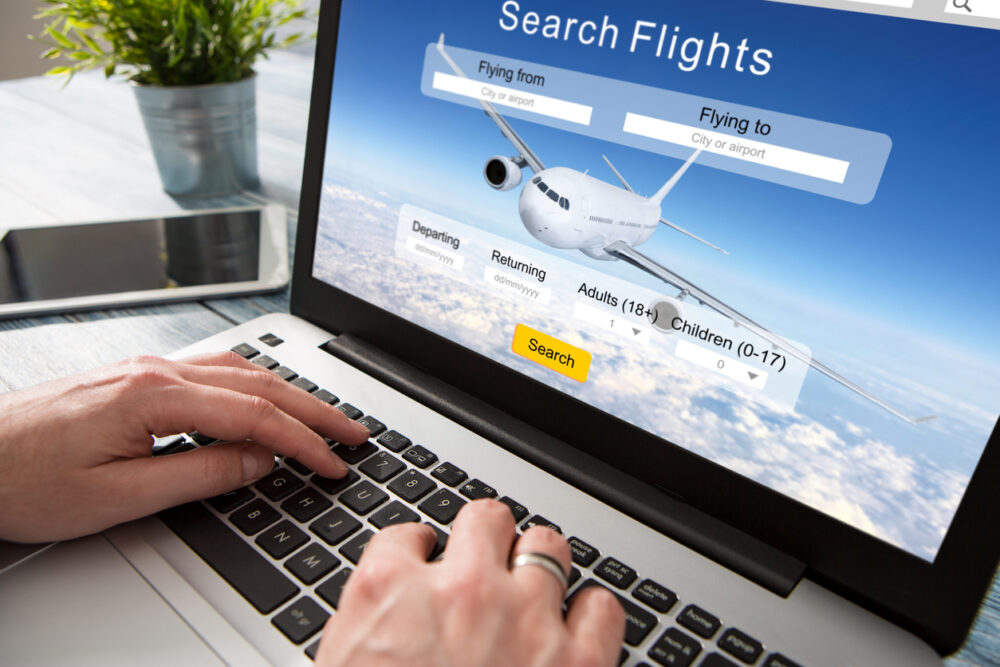
It’s easy to get lured in by those rock-bottom flight prices, but what you see isn’t always what you get. Budget airlines are notorious for slapping on extra fees for things you’d expect to be included—like seat selection, checked bags, and even carry-ons, reminds Brian Raymond in an article for Sophisticated Travel. Suddenly, that $99 ticket becomes a $300 headache.
On top of that, cheap flights often come with less convenient travel times, long layovers, or secondary airports miles away from your intended destination. Always check the fine print before you book. Compare the final price, including all fees, against what you’d pay with a full-service airline. Sometimes, spending a little more upfront actually saves you money and frustration in the long run. If a deal looks too good to be true, it probably is. Don’t fall for the trap of thinking cheap always equals better.
2. Trusting “Official” Tour Guides Who Approach You

Wandering around a tourist hotspot and someone approaches you with a friendly smile and an offer to show you the sights? It might seem convenient, but this is one of the oldest tricks in the book. As reported by Cody Candee writing for Bounce.com, that many of these so-called “guides” are unlicensed scammers looking to overcharge tourists for basic information they could easily find online.
Some will even take you on a pointless route to inflate their fees or sell you overpriced trinkets along the way. Instead of accepting random offers, do your research. Book tours through reputable companies or ask your hotel for recommendations. Better yet, download a self-guided tour app if you want to explore at your own pace. Trusting unofficial guides can ruin your experience and drain your wallet before you even realize what’s happening. Always make sure you know who you’re dealing with before handing over your cash.
3. Falling for “Free” Travel Offers That Aren’t Really Free

The idea of a free trip sounds amazing—until you read the fine print. Travel scams offering complimentary vacations, free hotel stays, or luxurious cruises are almost always hiding something, according to experts for the Missouri Attorney General. Often, you’ll be hit with hidden charges, required to attend high-pressure sales presentations, or asked to fork over your credit card details for “processing fees.”
Even if the trip is technically free, you might end up spending way more than expected on required upgrades, expensive meals, or transportation that’s somehow not covered. If you get a random call or email promising you a free vacation, your best bet is to ignore it. Real travel offers don’t come out of nowhere, especially if you never even entered a contest. Always double-check the source of any promotional offers before getting excited. The truth is, free travel is almost never actually free.
4. Believing Hotel Star Ratings Mean Everything

It’s tempting to trust those shiny five-star ratings when booking accommodations, but they don’t always tell the whole story. Different countries have varying standards for what constitutes a three-star versus a five-star hotel, and those standards can be wildly inconsistent.
Even worse, some hotels manipulate their ratings by encouraging guests to leave positive reviews in exchange for perks. What you end up with is a skewed representation of what you’re actually paying for. Nancy Chandler for Explore.com suggests that instead of blindly trusting star ratings, dig deeper. Read recent reviews from fellow travelers, check photos taken by guests rather than the hotel itself, and compare multiple booking sites. What looks luxurious on paper might be a rundown nightmare in person. Always take those star ratings with a grain of salt, especially if they seem too good to be true for the price.
5. Trusting Currency Exchange Kiosks at Airports
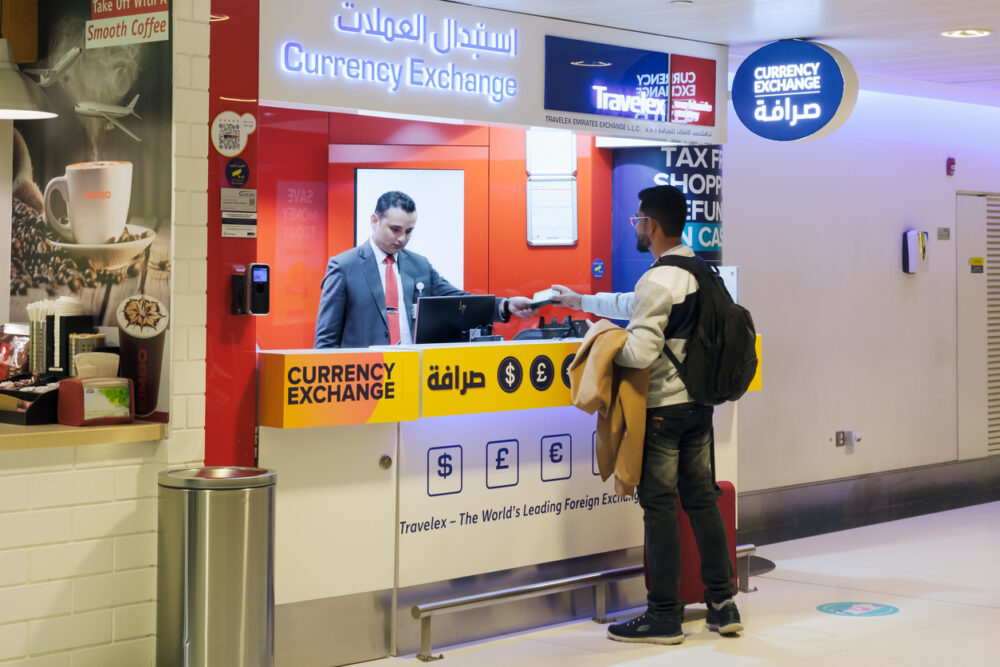
You’re jet-lagged, you’ve just landed, and you need local currency fast. Airport currency exchange kiosks seem convenient, but they come with a hefty price. Their exchange rates are often way worse than what you’d get at a local bank or ATM. Some of them even charge outrageous service fees that leave you with far less cash than you expected.
The worst part? They know you’re desperate and count on you being too tired or stressed to notice how bad the deal really is. If you want the best exchange rate, avoid airport kiosks altogether. Instead, use a travel-friendly credit card with no foreign transaction fees or withdraw cash from an ATM once you’re in the city. Planning ahead can save you a surprising amount of money. The convenience of airport kiosks just isn’t worth the rip-off.
6. Booking Through Fake Travel Websites That Look Legit

Scammers are getting better and better at making their fake travel websites look like the real deal. One wrong click, and you could be handing over your credit card details to a well-designed phishing site that looks just like a popular booking platform. These fraudulent sites lure in victims with prices that seem almost too good to be true—because they are.
You might even receive a fake booking confirmation that looks entirely legitimate. But when you arrive at your destination, there’s no record of your reservation, and your money is long gone. Always double-check the URL before making any payment. Look for security indicators like “https” and verify the site’s credibility through customer reviews. When in doubt, book directly through the official website or use trusted third-party platforms. A little caution can go a long way in saving you from a costly scam.
7. Falling for “Too Good to Be True” Travel Deals
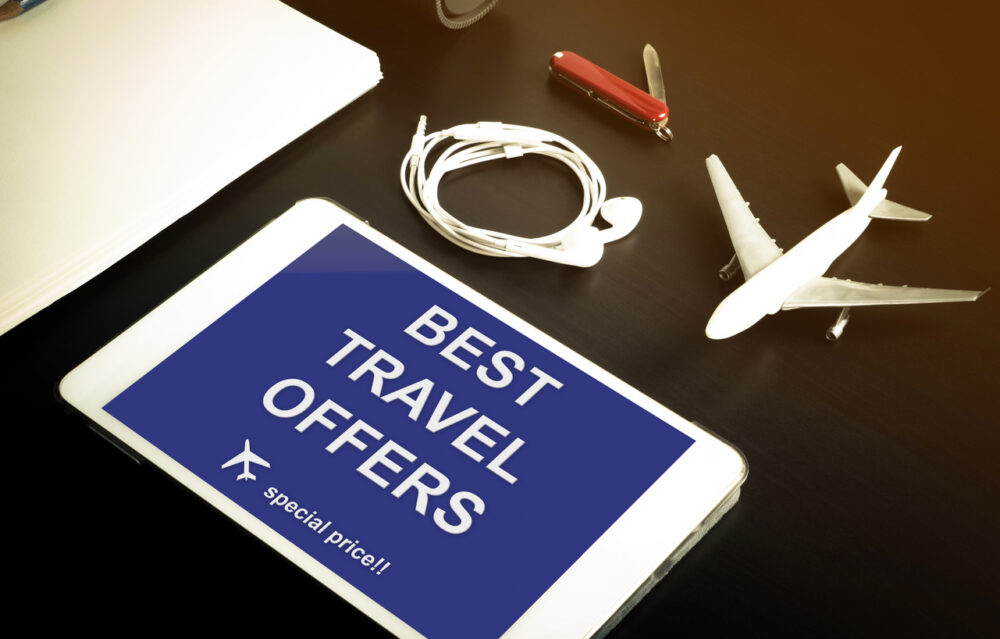
You’ve probably seen those flashy ads promising luxury vacations at unbelievable prices. They look tempting, but they’re often designed to trick you into paying for something that either doesn’t exist or is vastly inferior to what’s advertised. Scammers know how to lure travelers in with irresistible discounts, hoping you’ll jump at the opportunity without looking too closely.
Many of these deals require upfront payments or deposit fees that are non-refundable, leaving you with nothing but a hole in your wallet. Always research the company offering the deal before handing over any money. Look for reviews from reliable sources and never wire funds directly to anyone. If a deal seems too good to be true, it probably is. Protect yourself by double-checking everything and trusting your gut when something feels off.
8. Getting Scammed by Fake Wi-Fi Networks

When you’re traveling, finding free Wi-Fi can feel like hitting the jackpot. But connecting to random networks can put you at serious risk. Hackers often set up fake hotspots with names that sound legitimate, like “Free Airport Wi-Fi” or “Hotel Guest Network.” Once you connect, they can steal your personal information, including passwords, credit card details, and sensitive data.
Always double-check with hotel staff or airport personnel before connecting to a network. If it’s not officially provided by the establishment, steer clear. It’s also wise to use a Virtual Private Network (VPN) whenever you’re accessing public Wi-Fi. VPNs encrypt your data, making it much harder for cybercriminals to snatch your information. The convenience of free Wi-Fi isn’t worth the risk if it compromises your privacy and financial security.
9. Trusting Taxi Drivers Who Don’t Use the Meter
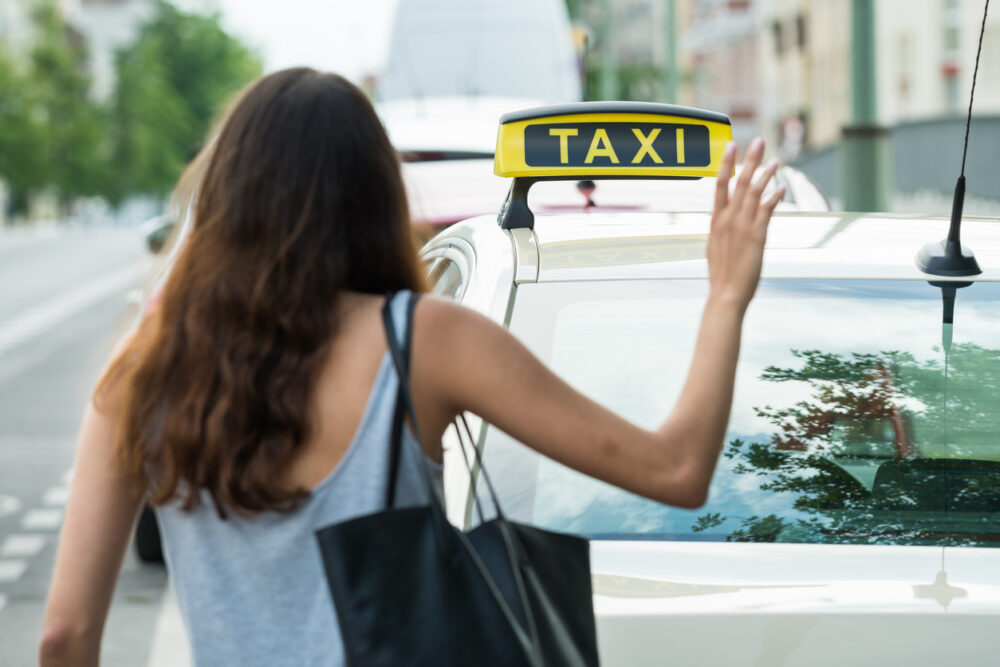
Taxi scams are a classic travel con, especially when you’re in an unfamiliar city. Drivers who refuse to use the meter and instead offer a “special” flat rate are likely charging you far more than the actual cost of the ride. This trick is especially common in tourist-heavy areas where drivers assume you have no idea what the standard fare should be.
Always insist that the meter be turned on before you start your journey. If the driver refuses, find another cab or use a reputable rideshare service. In some places, it’s worth researching the average cost of a ride from the airport to your destination ahead of time. Knowing the going rate gives you leverage if a driver tries to overcharge you. The last thing you want is to start your trip by getting scammed right out of the gate.
10. Being Overcharged for “Mandatory” Tipping
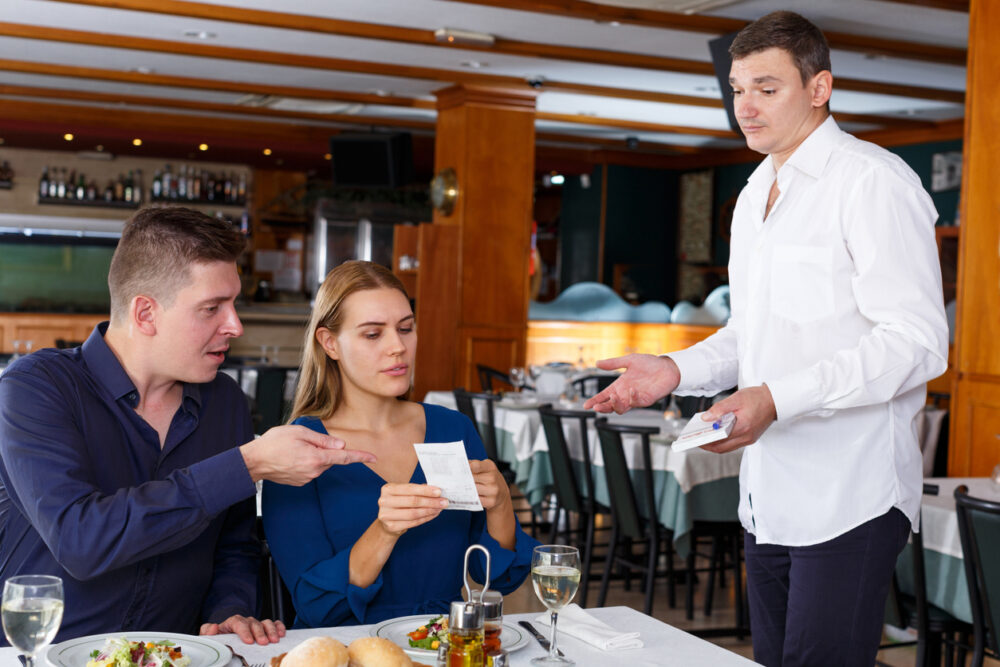
Some restaurants and tour operators take advantage of travelers by adding an automatic “mandatory” tip to the bill, especially when they assume you’re unfamiliar with local customs. While tipping is common in many places, some businesses exploit tourists by inflating the recommended amount or charging double for service fees.
Always check your bill carefully before paying. If you see a service charge already included, there’s no need to add an extra tip unless you genuinely feel the service was exceptional. In countries where tipping isn’t customary, businesses sometimes prey on tourists’ confusion. Research tipping practices before you arrive, and don’t be afraid to question suspicious charges. Your wallet will thank you.
11. Falling for ATM Skimming Scams
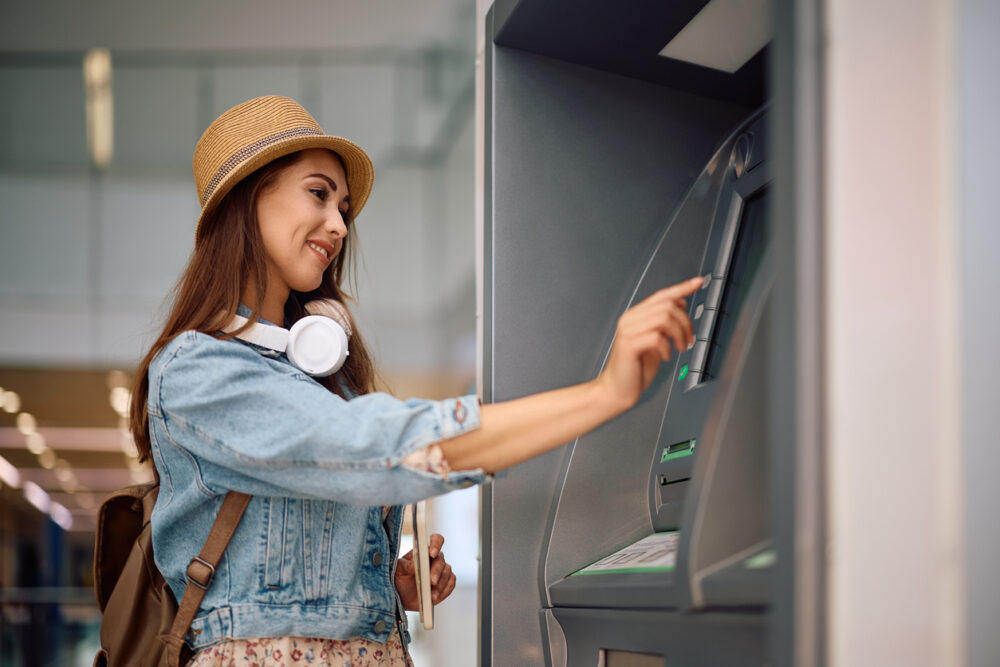
ATMs are a convenient way to get local currency, but some of them are rigged to steal your card information. Scammers install skimming devices over the card reader or use hidden cameras to capture your PIN. The worst part is, you won’t even know you’ve been scammed until days later when unauthorized charges start showing up on your account.
Always inspect the ATM before inserting your card. Give the card slot a little wiggle to see if anything feels loose. Avoid standalone ATMs in poorly-lit or deserted areas. Instead, use machines located inside banks or busy public areas. Cover your hand when entering your PIN and check your bank statements regularly. Staying vigilant can prevent your trip from turning into a financial nightmare.
12. Booking “Exclusive” Tours That Are Actually Public
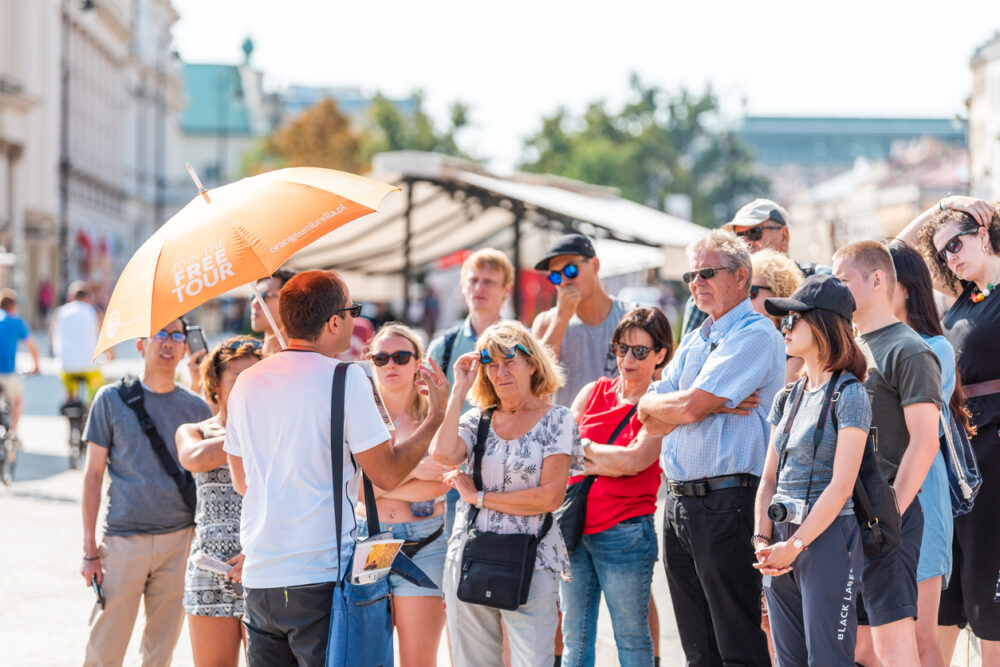
You think you’ve scored a once-in-a-lifetime private tour, only to find yourself crammed into a bus with twenty other tourists. Scammy travel agencies and touts often sell “exclusive” experiences that are nothing more than overpriced versions of standard tours. The disappointment is real when you realize you’ve paid double or even triple for something everyone else is doing for much less.
Always double-check what’s included in the package. Read reviews and verify whether the tour is genuinely private or just a fancy way of marketing a group tour. If possible, book directly through reputable companies instead of street vendors or unverified websites. Knowing what you’re actually paying for can save you both money and frustration.
13. Paying Too Much for Currency Exchange at Hotels
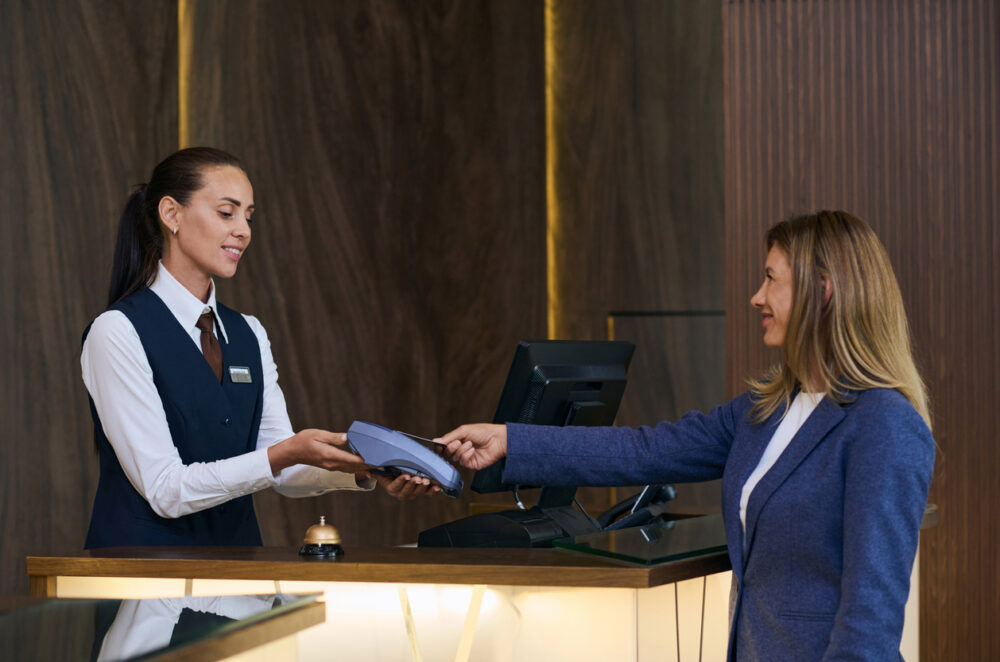
Hotels often offer currency exchange services for the convenience of their guests. But that convenience comes at a price. Hotels typically provide terrible exchange rates and tack on hidden fees that aren’t always clearly stated. You might end up losing a significant chunk of money just for the ease of getting local currency on the spot.
Avoid hotel exchange counters whenever possible. Instead, use a trusted ATM or exchange money at a reputable bank. It’s also a smart idea to check the current exchange rate before making any transaction. If you absolutely must exchange money at a hotel, at least ask about fees and compare their rate to what’s currently available elsewhere. Staying informed can help you avoid paying way more than necessary.
